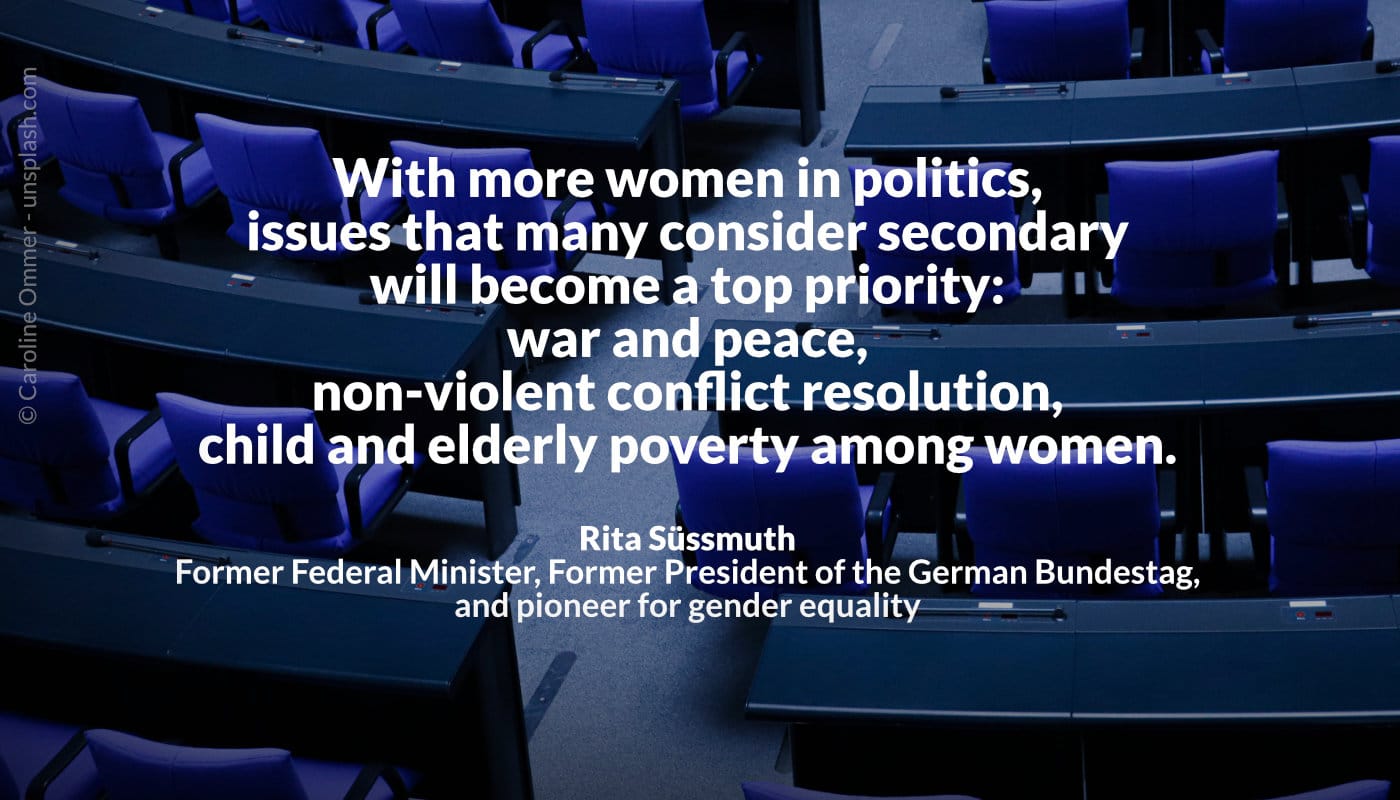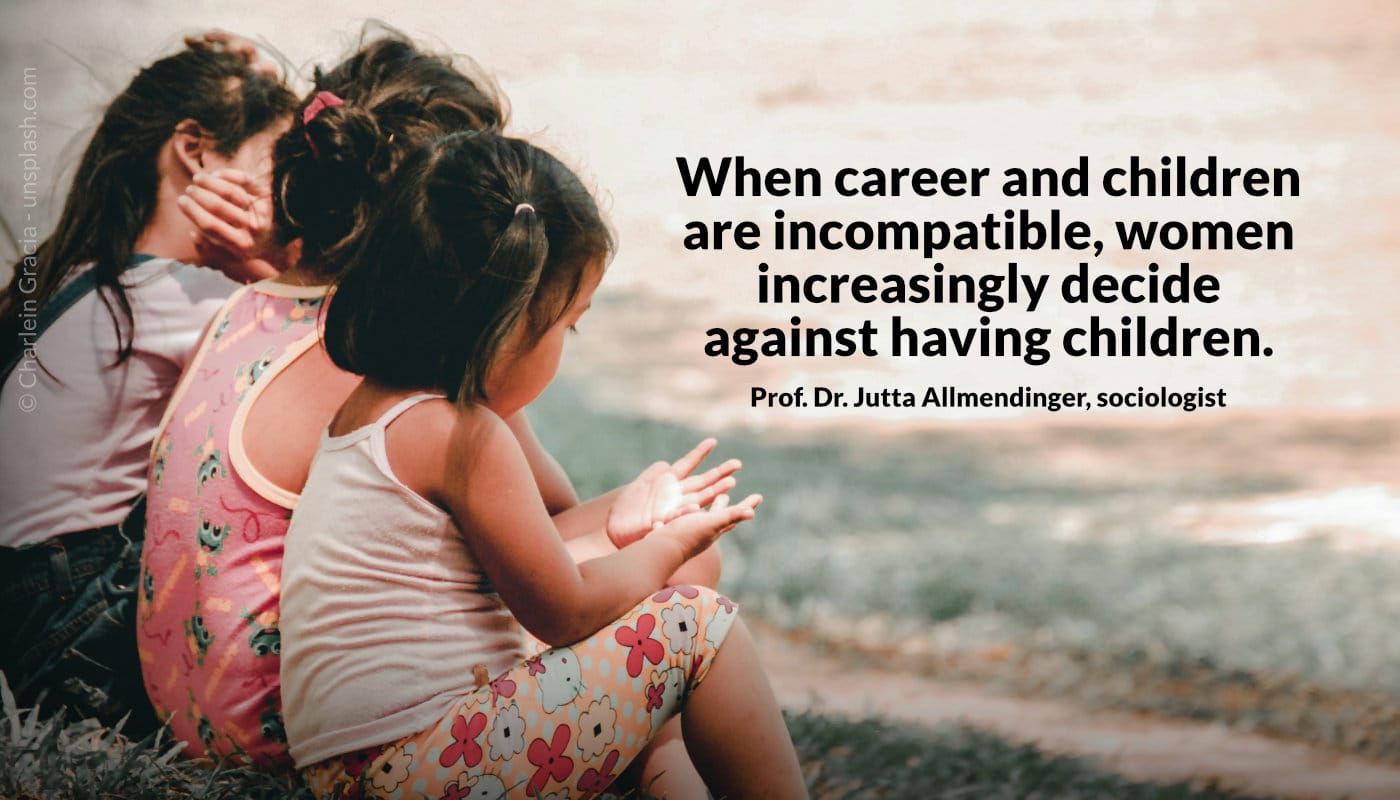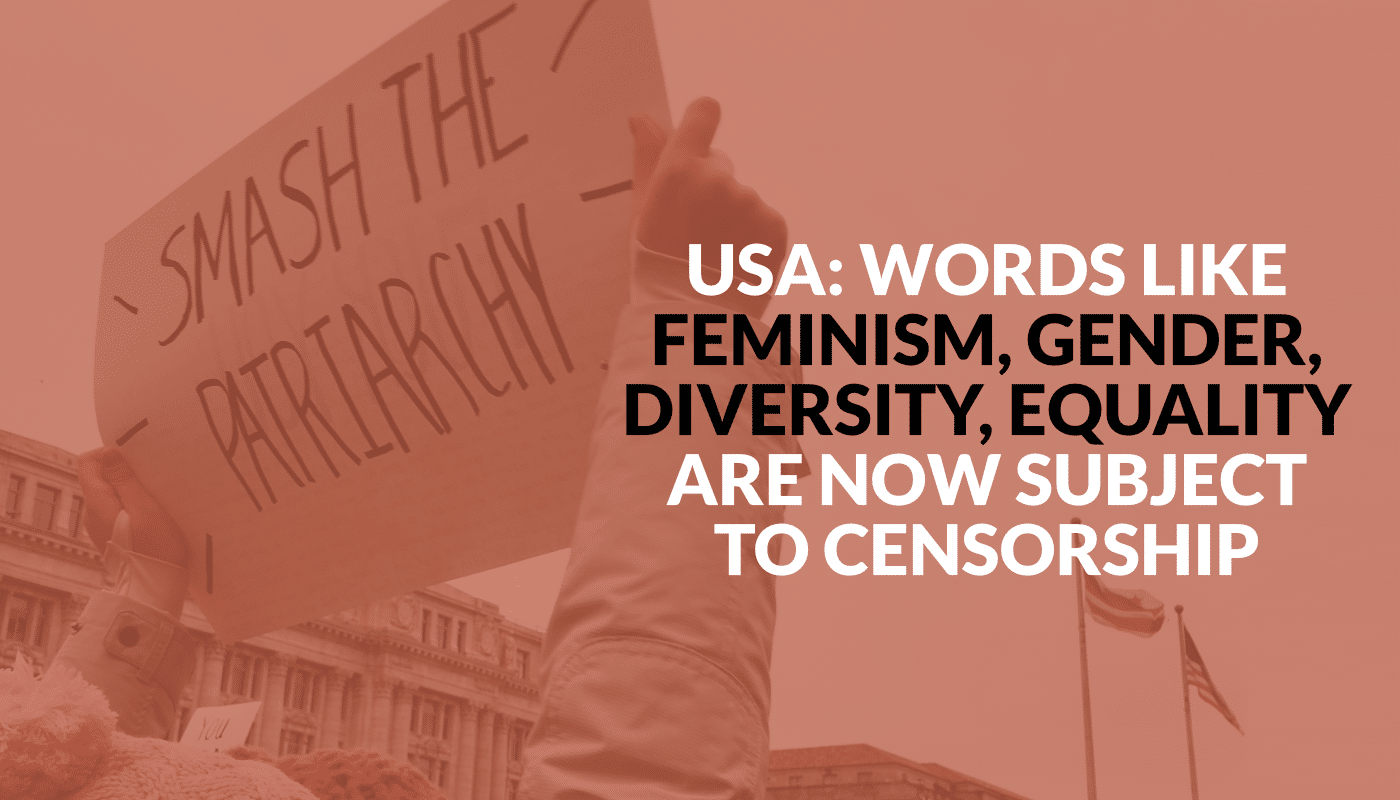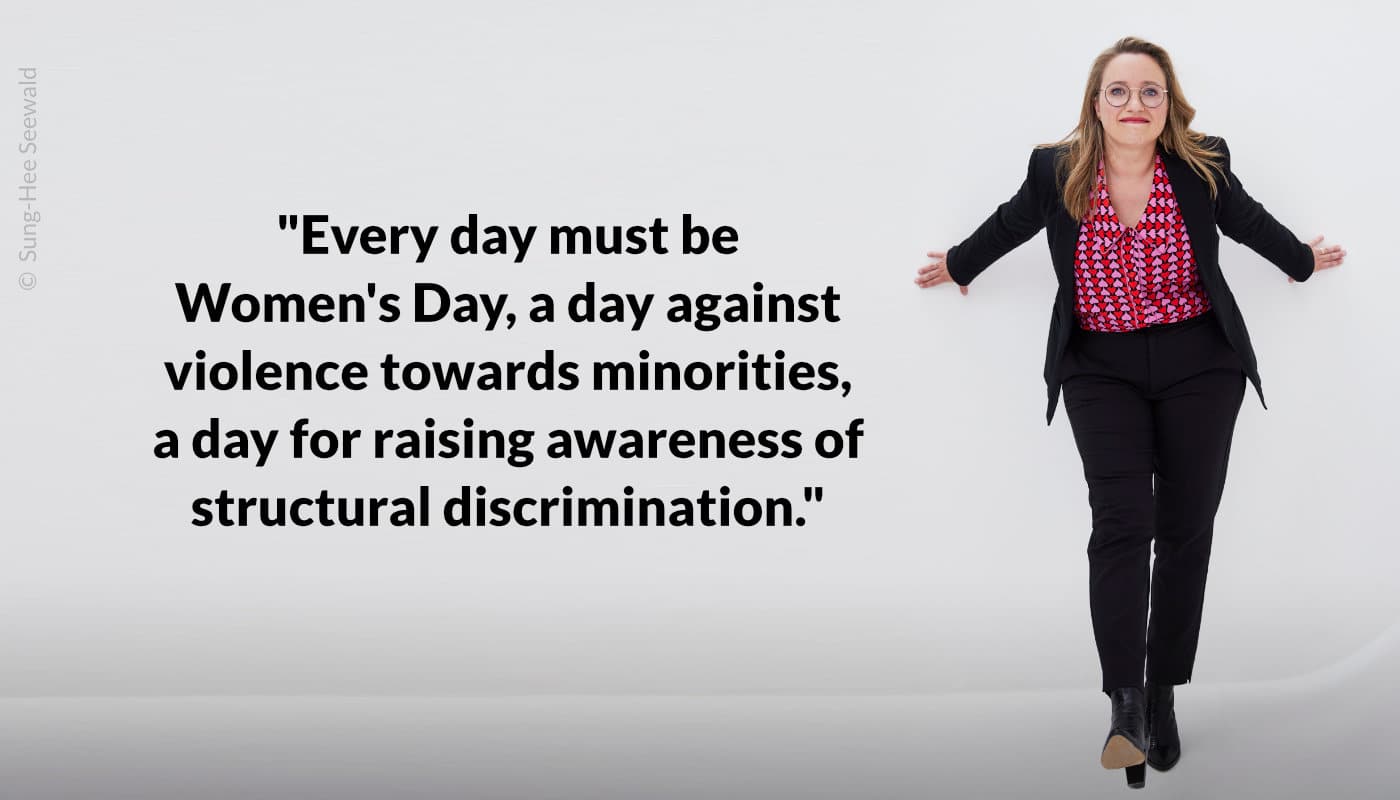“EU law provides for paid parental leave for employed fathers shortly after the birth of a child. However, the coalition government is not implementing the plan for the time being. A father is now taking the matter to court,” reports Die Welt.
In the coalition agreement of the traffic light government, it is stated: “We will support families when they need time for child-rearing and care, and want to share paid and unpaid work in a partnership. (…) We will introduce a two-week paid leave for the partner after the birth of a child.”**
In the EU, a 10-day paid leave has been in effect since 2019. Germany was supposed to implement the EU Work-Life Balance Directive into national law by August 1, 2022. According to Die Welt, the majority of the directive was implemented in 2022. “However, because Family Minister Lisa Paus (BÜNDNIS 90/DIE GRÜNEN) is planning her own bill for paid paternity leave, known as ‘Family Start Time,’ this part of the directive was not implemented. Moreover, Germany already has extensive regulations with parental leave and parental allowance,” said the Ministry of Family Affairs. The draft for the Family Start Time has been on hold for a year due to disputes over financing.
Now, for the first time, a father has filed a claim for damages against the Federal Republic of Germany at the Berlin Regional Court. When his child was born in the summer of 2023, he requested two weeks of paternity leave from his employer. Because the EU directive had not yet been implemented into German law, his request was denied, and he had to use part of his annual leave instead. With his claim for damages, he is seeking compensation for the value of the leave he had to use, which he incurred because the directive was not implemented in time.
“Paternity leave is not a charitable act but a legal right,” says Prof. Dr. Remo Klinger, who represents the plaintiff along with Sandra Runge.
According to Die Welt, Lisa Paus’s “Family Start Time” law aims to regulate the financing of paternity leave similarly to maternity protection, through a pooling system: employers continue to pay the salary but can subsequently be reimbursed from a solidarity fund of employers. The FDP, however, opposes this, fearing new burdens on the economy.
The dispute may now be resolved by a court ruling. Klinger and Runge are convinced: Should the court find that the father is entitled to damages, it is expected that more fathers will file claims.

Published by herCAREER,
Posted on LinkedIn on 26.02.2024












